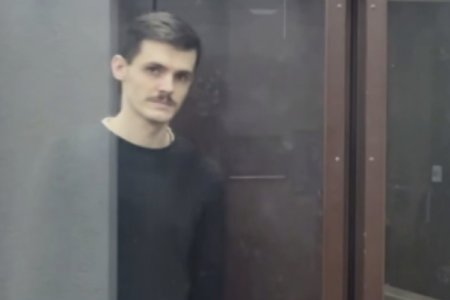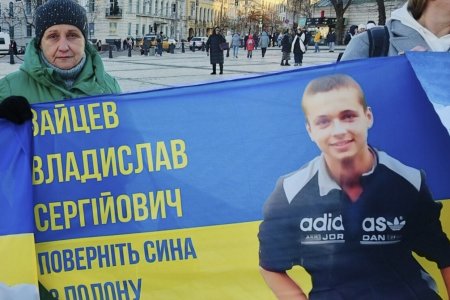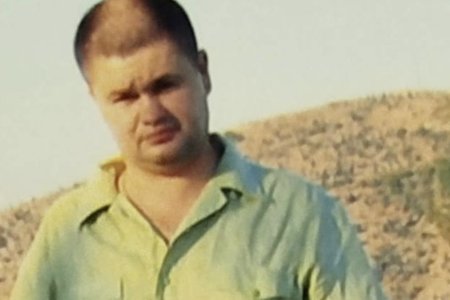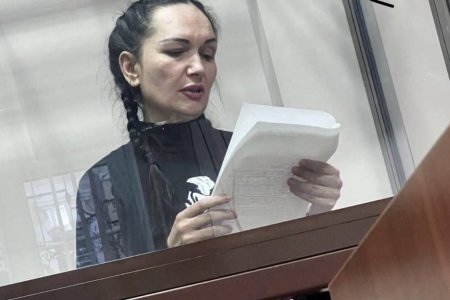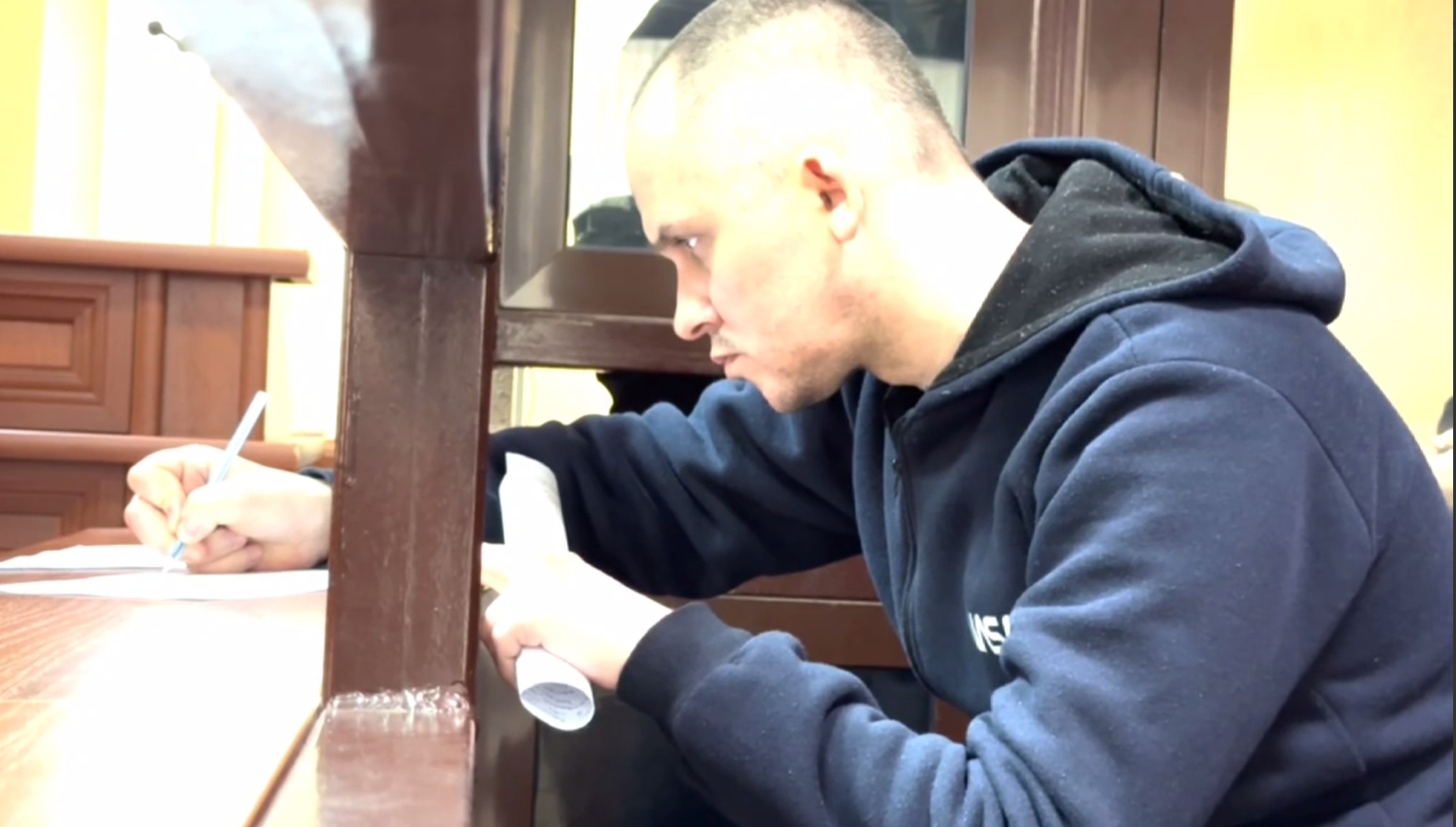
Russian kangaroo courts in three occupied parts of Ukraine have, over just one week, passed sentences from 12 to 16 years against Ukrainians accused of ‘spying for Ukraine’. These are, moreover, only the cases where names are known, with Russian occupation ‘courts’ increasingly reporting similar sentences against Ukrainians identified only by their age. Although the basic ‘indictment’ seems copied near verbatim from a shared template, the charge varies depending on whether the person has Russian citizenship, in which they are accused of ‘treason’ (under Article 275 of Russia’s criminal code) or of ‘spying’ (Article 276). Since Russia has, by now, made it all but impossible to live on occupied territory without a Russian passport, the lack of it can sometimes indicate just how long a person has been held prisoner, generally incommunicado, without charges being laid.
Mykola Holodny
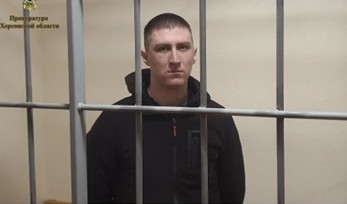
On 24 November 2025, Mykola Holodyny was sentenced by the occupation ‘Kherson regional court’ to 12 years maximum-security imprisonment. The young man, whose age is not given, was found guilty of ‘spying’ (Article 276), with the prosecution’s case presented by the so-called ‘Kherson regional prosecutor’ Andrei Petrov.
It was claimed that Holodny had, from September through October 2023, voluntarily gathered information about the movements and places of deployment of Russian military technology, as well as of Russian military personnel. He had, purportedly, sent this information, via an Internet messenger to representatives of Ukraine’s Military Intelligence, with the information allegedly used to open fire on places where Russian military were deployed.
Since the occupation ‘prosecutor’ had only reported passing the indictment to the ‘court’ on 1 November 2025, there may well have been no hearings as such, just the date on which the sentence was announced. Even in Russia, ‘spying’ and ‘treason trials’ would, invariably, be held behind closed doors. In occupied Ukraine, Russia is also hiding the lack of anything even remotely resembling rule of law, with the chances that Holodny even had an independent lawyer extremely slim. The same is true of all of the ‘trials’ / sentences reported below.
Serhiy Honcharov
Also on 24 November, the so-called ‘Luhansk people’s republic high court’ sentenced 25-year-old Serhiy Honcharov to 14 years’ maximum-security imprisonment. The young man clearly does not have Russian citizenship and was accused of ‘spying’, under Article 276. It was claimed that, in June 2023, Honcharov had voluntarily gathered information about the deployment of Russian soldiers in occupied Luhansk oblast and had passed this on to the Ukrainian Security Service.
Yury Zinchenko
On that same Monday, 24 November, the occupation ‘Zaporizhzhia regional court’ sentenced Yury Zinchenko (b. 1986) from occupied Kamianka-Dniprovska Raion to 16 years’ maximum-security imprisonment. Although a few more details were provided, together with a video of what was probably a staged ‘arrest’, the basic indictment was the same. Zinchenko was, however, accused of ‘treason’, under Article 275.
It was claimed that, in March 2022, Zinchenko, who had been working as an agronomist, had corresponded with someone he knew who worked for Ukraine’s Security Service and had, supposedly, agreed “to provide help in actions against Russia”. Actions, that is, against an aggressor state, invading Zinchenko’s country, although that is, of course, not mentioned. The indictment jumps to December 2023, when he is alleged to have gathered information about the deployment of Rosgvardia military personnel and technology in occupied Enerhodar and “sent this to a representative of a foreign state”. The claim was that Zinchenko had driven around, recording the coordinates of Russian checkpoints so that Ukraine could launch strikes against them.
